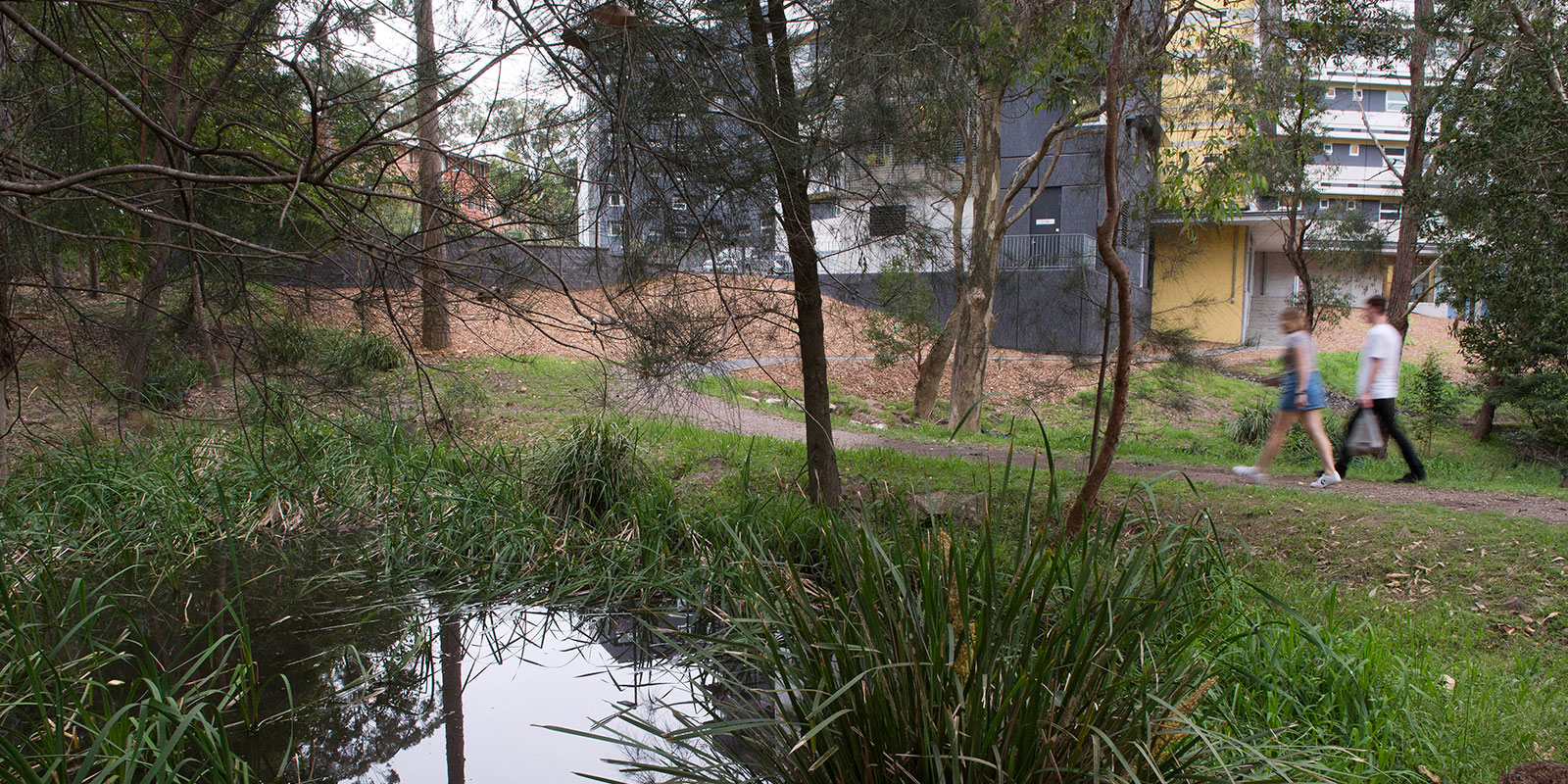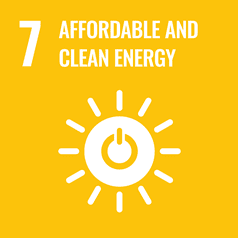

Goal 7:
Affordable and Clean Energy
Energy Efficiency Services for Industry
Through our participation in the Trailblazer for Recycling & Clean Energy (TRaCE) program (a joint initiative with UNSW and government/industry partners) in 2024, the University of Newcastle delivered multiple services to local industry to help accelerate clean energy technologies, commercialise R&D, and enhance industry capability in energy efficiency, renewables and circular economy.
Key Services & Actions in 2024
| Service Type | What Was Provided | Who Benefits / Industry Partners |
|---|---|---|
| R&D Co‑funding & Technology Development | Projects supported included hydrogen production from seawater, clean fuels/chemicals from waste, green ceramics from textile waste. These are applied innovations directly relevant to clean energy and materials sectors. | Local manufacturers, SMEs, industry partners working in hydrogen, sustainable materials and recycling. |
| R&D Voucher Program for SMEs & Start‑ups | TRaCE provided matching funding to small businesses to partner with University labs and use specialist equipment/facilities for clean energy or recycling innovations. For example, EM Energy accessed the TRaCE R&D Voucher to test and validate production of green hydrogen using industry‑grade infrastructure at Newcastle. | SMEs and early‑stage companies seeking to improve their technologies or scale up. |
| Mobility Fellowships & Partnerships | The University offers “Mobility Fellowships” under TRaCE, enabling early‑ or mid‑career researchers and those in industry to spend time in partner organisations or at University premises, working jointly on projects in themes such as solar PV, energy storage, sustainable fuels etc. | Researchers and industry staff who need access to academic expertise, facilities, or co‑development opportunities. |
| Creation of Industry‑ready Facilities | Two new research‑to‑industry facilities were opened: the Modern Manufacturing Workshop and the Advanced Prototyping Facility at Callaghan Campus. These provide infrastructure for prototyping, testing, scaling up technologies, especially in clean energy / circular economy domains. | Industry partners, startups, SMEs needing prototyping / testing capabilities in clean energy and recycling technologies. |
| Workshops, Networking & Industry Engagement |
| Local industry, startups, entrepreneurs, investors, government agencies. |
| Education / Training Pathways | Development of curricula (or programs) for clean energy specialists (e.g. education in solar technologies, energy systems, policy, etc.), skills‑transfer between academia and industry through co‑designed projects. | Workers in energy, industry employees, professionals wanting upskilling in renewables and clean energy; also companies who hire graduates. |
Impact & Relevance
- These services help local industry reduce energy use, lower emissions, and adopt clean energy technologies (e.g. hydrogen, solar, sustainable materials).
- By facilitating prototyping and R&D support, University resources reduce the cost and risk for companies to test innovations.
- The University acts not just as a research provider, but also a facilitator and partner in technology translation and energy transition.
- These efforts contribute to regional economic development via job creation, industry capability building, and innovation in clean energy sectors.
Learn more about the National TRaCE Showcase spotlights clean energy commercialisation.

The University of Newcastle acknowledges the traditional custodians of the lands within our footprint areas: Awabakal, Darkinjung, Biripai, Worimi, Wonnarua, and Eora Nations. We also pay respect to the wisdom of our Elders past and present.